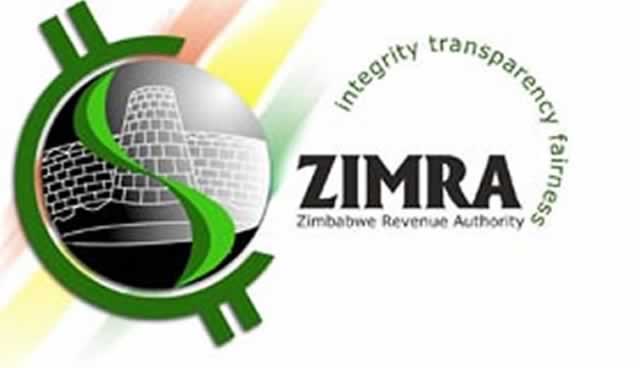Special Economic Zones underway, Move tailored to lure investors, World Bank endorses plan

Peter Matambanadzo and Golden Sibanda
Government is intensifying efforts to attract foreign direct investment, with steps at an advanced stage to establish Special Economic Zones, while investment laws will be amended to make it easier for foreign investors to register and do business.
The move, which is enshrined in Zim Asset, is supported by the World Bank, which promised to help attract investment, promote export-oriented growth and generate employment.
Once established, the SEZs would create an environment conducive for foreign investors who would enjoy a number of concessions that would make it easier for them to conduct business.
Speaking at a consultative workshop on SEZs yesterday, Senior Minister of State Ambassador Simon Khaya Moyo said Government had started working on modalities to establish the zones designed on geographical regions, line of business and companies that export goods and provide employment.
Minister Moyo said given the severely constrained fiscal space due to poor performance of revenue inflows against rising recurrent expenditures and a shrinking tax base, Government — through the Zimbabwe Agenda for Sustainable Socio-Economic Transformation (Zim-Asset) — had identified initiatives that could yield rapid results.
“Zim-Asset clearly states establishment of Special Economic Zones (SEZs) as one of the strategies that will enable Zimbabwe to achieve economic growth and reposition itself as a strong economy in the region,” he said.
Minister Moyo said Government’s main objective in establishing the SEZ was to restore the economy’s capacity to produce and export goods and services, attracting investment from domestic and foreign sources, creating employment and alleviating poverty.
Speaking at the same workshop, World Bank senior economist with the International Finance Corporation Mr Markus Scheuermaier said the SEZs represented important milestones ‘towards an empowered society and a growing economy”, as envisioned by ZimAsset.
“International experience has shown that dedicated reform teams, connected to the top of Government, have successfully helped emerging countries engineer sustained economic growth over several decades,” he said.
Another World Bank senior economist responsible for Finance and Private Sector Development, Africa Region, Mr Douglas Zhihua Zeng in his presentation said the envisaged benefits of the SEZs which include widening of infrastructural and industrial development, growth in employment, increased industrial productivity and improvement in living standards and skills upgrading.
SEZs have been successfully implemented in some countries in Asia, America, Middle East and Africa.
He said in Malaysia, at least 250 000 direct jobs and 1 500 firms were created over 40 by the first Free Zone established in Penang in 1972.
Speaking at the same workshop, Zimbabwe Investment Authority chief executive Mr Richard Mbaiwa revealed plans to amend the Zimbabwe Investment Authority Act to make ZIA a “one-stop-shop” for investors.
He said amendments were also being considered to the Companies Act to align it with the new Constitution and to make it user friendly in terms of regulations that promote new investments.
“There is need for a legal framework to make ZIA the first and primary port of call for all investments, especially foreign investment coming into Zimbabwe,” Mr Mbaiwa said.
Mr Mbaiwa said it was critical to have a comprehensive data base of investments in the country in one place for effective monitoring, evaluation and assistance where it was needed.
The process includes conception of the principles of one stop shop centre provisions, drafting of the principles, Cabinet discussions and approval, debate in parliament and then drafting and gazetting of the proposed amendments.
Secretary for Justice, Legal and Parliamentary Affairs Mrs Virginia Mabhiza told the same workshop that said the amendment of the Companies Act would make it easier for companies to operate, thereby complimenting the establishing SCZs.
Mrs Mabhiza said there were certain provisions within the Companies Act which Government felt were restrictive to business.
Major laws governing investment in Zimbabwe include the ZIA Act, Zimbabwe Stock Exchange Act, Immigration Act, Labour Act, Zimbabwe Revenue Act, Indigenisation and Economic Empowerment Act and Environmental Management Act.
The two day workshop running under the theme: “Promoting Transformational and Inclusive Growth” is being attended by ministers, permanent secretaries, senior Government officials and business community representatives.








Comments